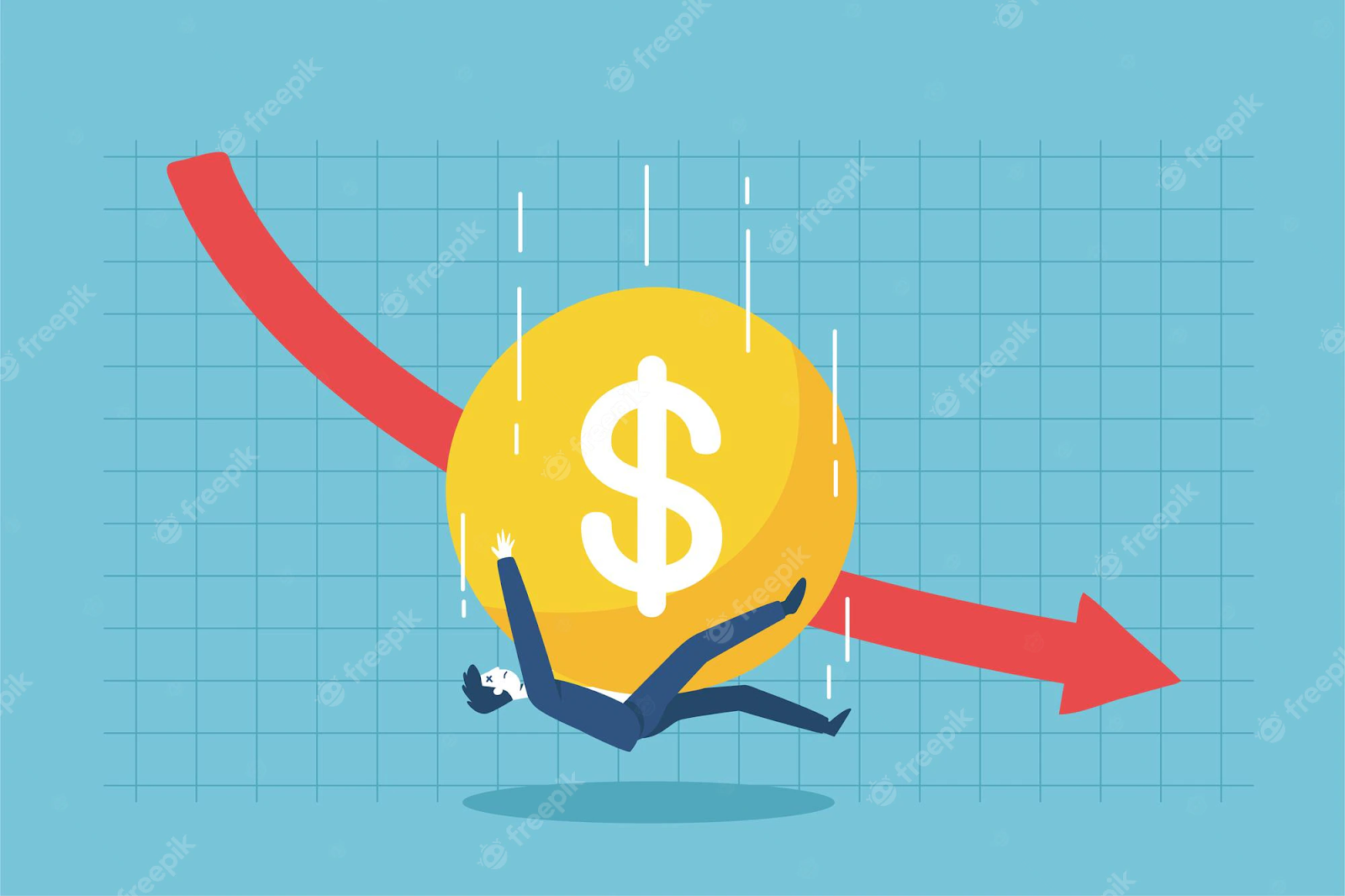A recession arises when the economy is not doing well. People need more money to spend, companies might stop making things, and many people can lose their jobs. This can happen for different reasons, like big money problems or people worrying about the future.
When a recession happens, the government and important financial groups try to do things to make it better. They might lower the cost of borrowing money, give more money to people, or help companies. This is because recessions can be tough for everyone, and these actions are meant to help get things back on track.
Recessions matter because they affect how everyone lives, how much money the government has, and what kind of jobs people can find. That's why experts watch out for signs of a recession and try to prevent it from getting really bad.
The following are the effects of a recession:
1. Lost Jobs:
During a recession, many people can lose their jobs because companies may not be doing well, and they might need to cut costs.
2. Less Shopping:
People tend to spend less money during a recession because they're worried about the future. This means businesses earn less, which can be tough for them.
3. Companies Stop Growing:
Businesses might stop investing in new projects during a recession because they're unsure if they'll make money. This can slow down the growth of the economy.
4. Money Problems:
Individuals and families might have money problems during a recession, like struggling to pay bills or mortgages, because they might not have as much income.
5. Stock Market Uncertainty:
The stock market, where people invest in companies, can become uncertain during a recession. This means people might see the value of their investments go up and down a lot.
6. Less Government Money:
The government might have less money because the economy is not doing well. This can lead to less funding for public services like schools and hospitals.
7. Long-Term Changes:
A really bad recession can lead to big changes in how the economy works. Some industries might have a hard time recovering, and some businesses might even close down for good.
8. Impact on Education and Job Training:
During recessions, it can be harder for people to access education and job training, making it tougher for them to learn new skills.
Actions to Help During a Recession:
- Lowering Interest Rates: The government can make it cheaper to borrow money so people spend more.
- Spending on Important Stuff: The government can spend money on things like building roads, schools, and hospitals to create jobs.
- Helping Small Businesses: The government can give support to small businesses to keep them running.
- Keeping Jobs: The government might encourage companies to keep their employees even when times are tough.
- Changing Rules: The government can make rules a bit more flexible to help businesses.
How to identify Recession:
- Economy Getting Smaller: If the GDP shrinks for a few months in a row, it could be a sign of a problem.
- More People Without Jobs: If lots of people lose their jobs quickly, it's a warning sign.
- Less Spending: When people stop buying things as much, it can mean the economy is struggling.
- Less Stuff Being Made: If factories slow down, it might be because people aren't buying as much.
- People Feeling Worried: If both businesses and regular people feel less hopeful about the future, it can be a sign.
- Strange Money Patterns: When interest rates are acting weird, like short-term rates being higher than long-term rates, it can signal trouble.
Industries that may affect badly during the Recession:
- Travel and Tourism: People might not take vacations, hurting the tourism business.
- Luxury Goods: People might not buy expensive things when they're worried about money.
- Automotive: People may wait to buy new cars when the economy is not doing well.
- Real Estate: Fewer people might buy houses or invest in building projects.
- Manufacturing: Some industries that make stuff may struggle if they depend on materials from other countries or make non-essential items.
- Restaurants and Entertainment: People might cut back on eating out and entertainment when they're worried about money.


Post a Comment